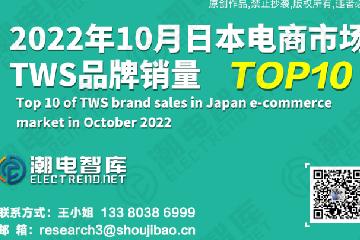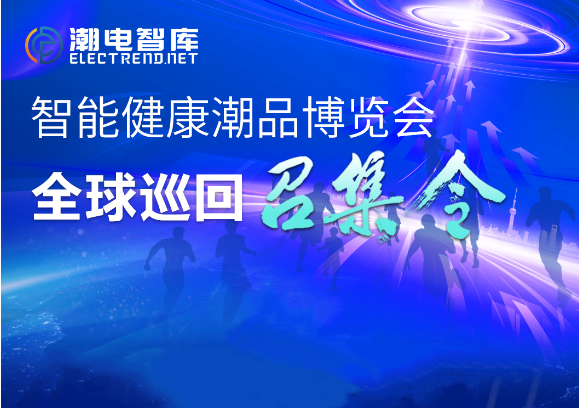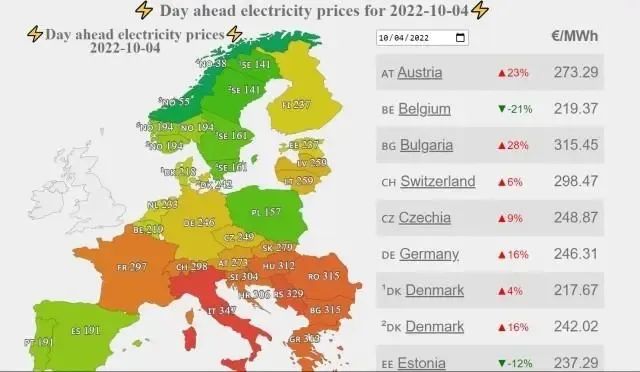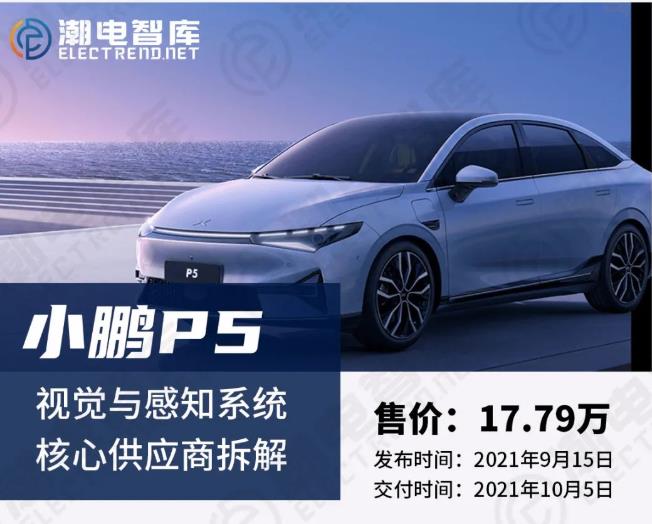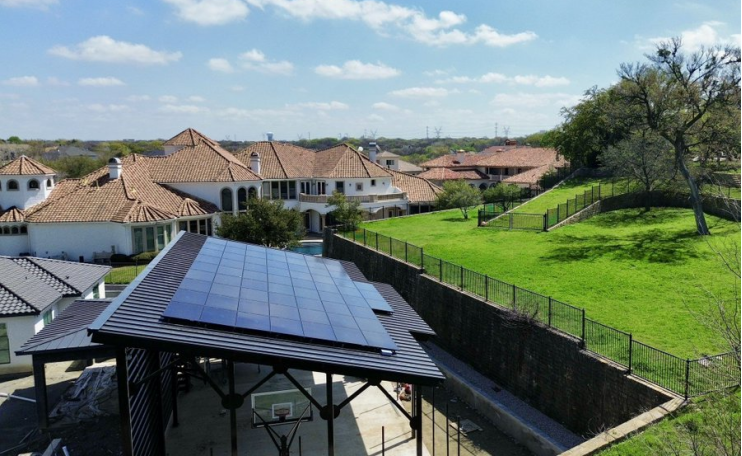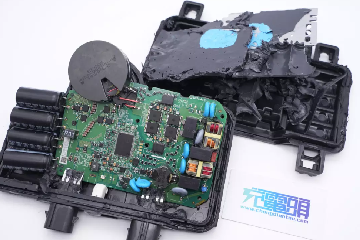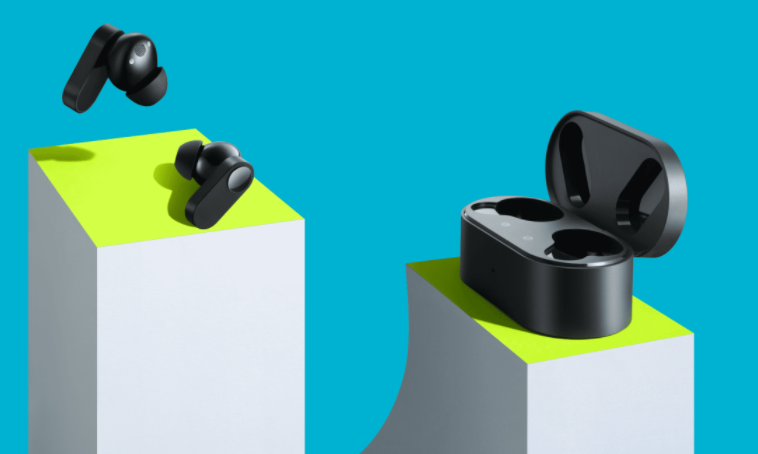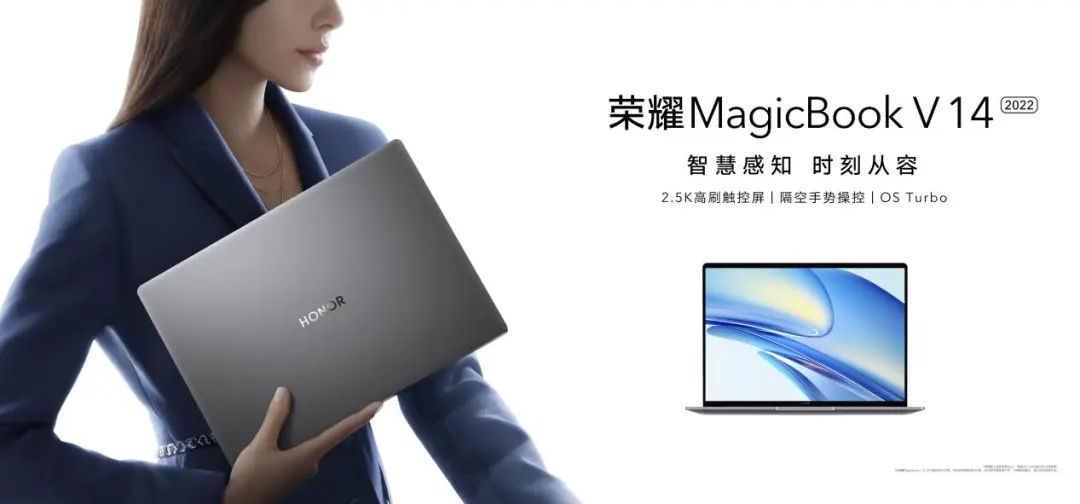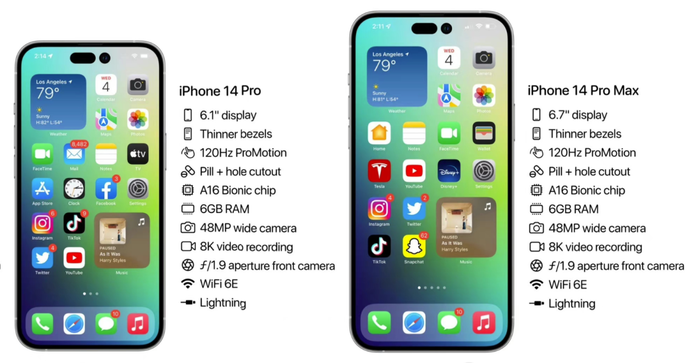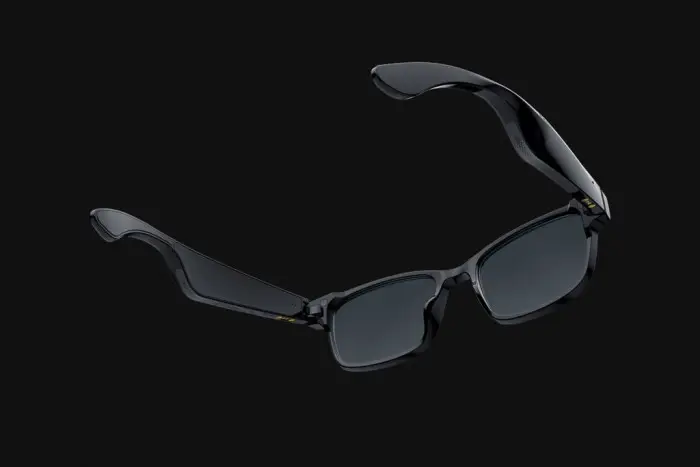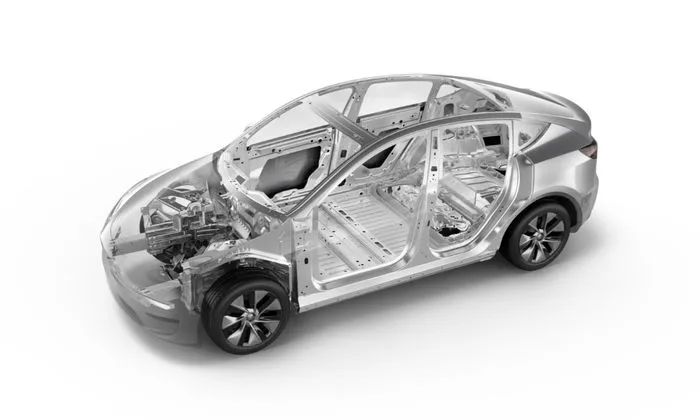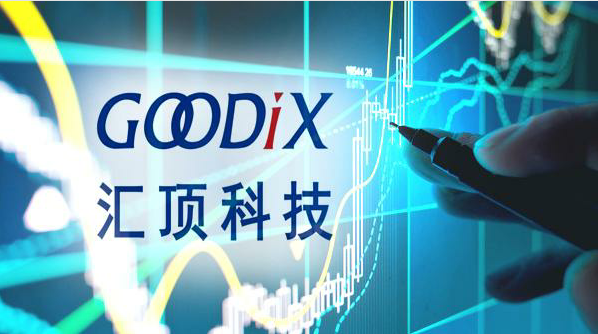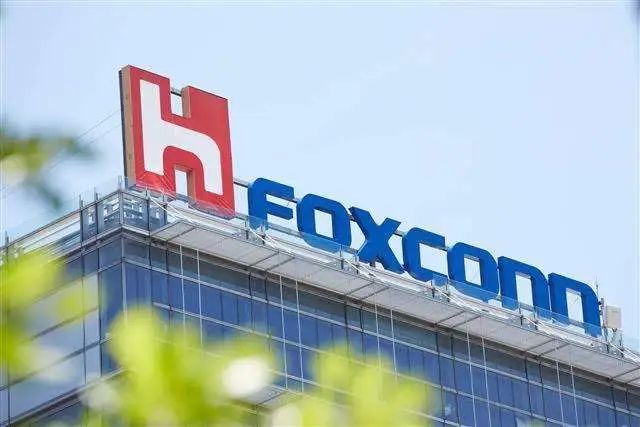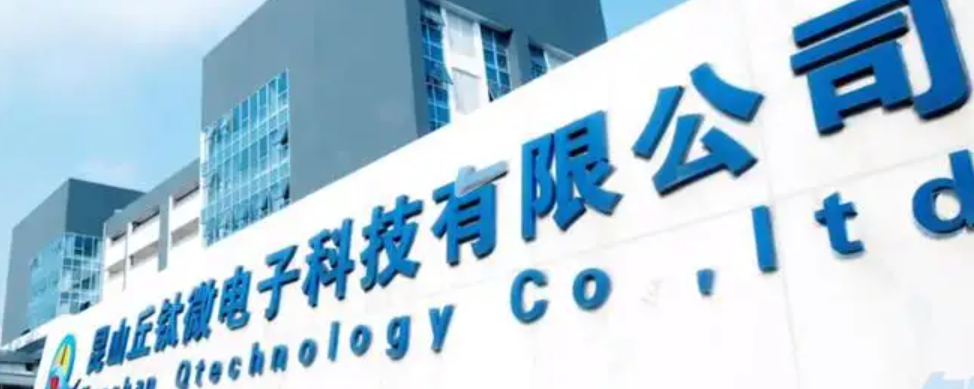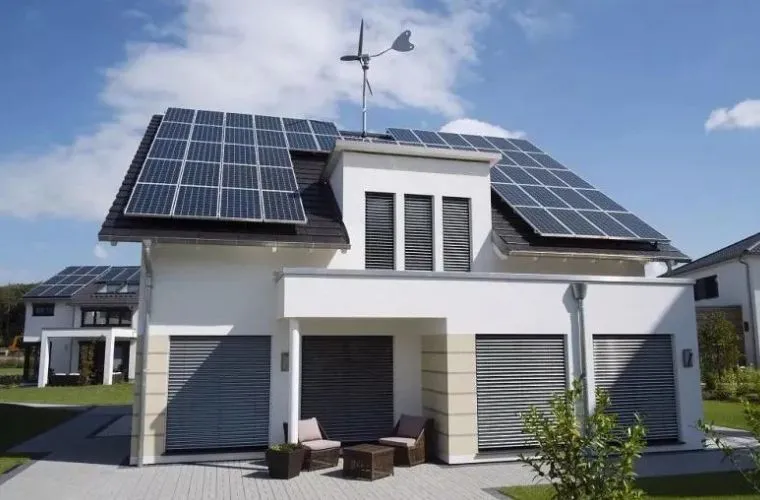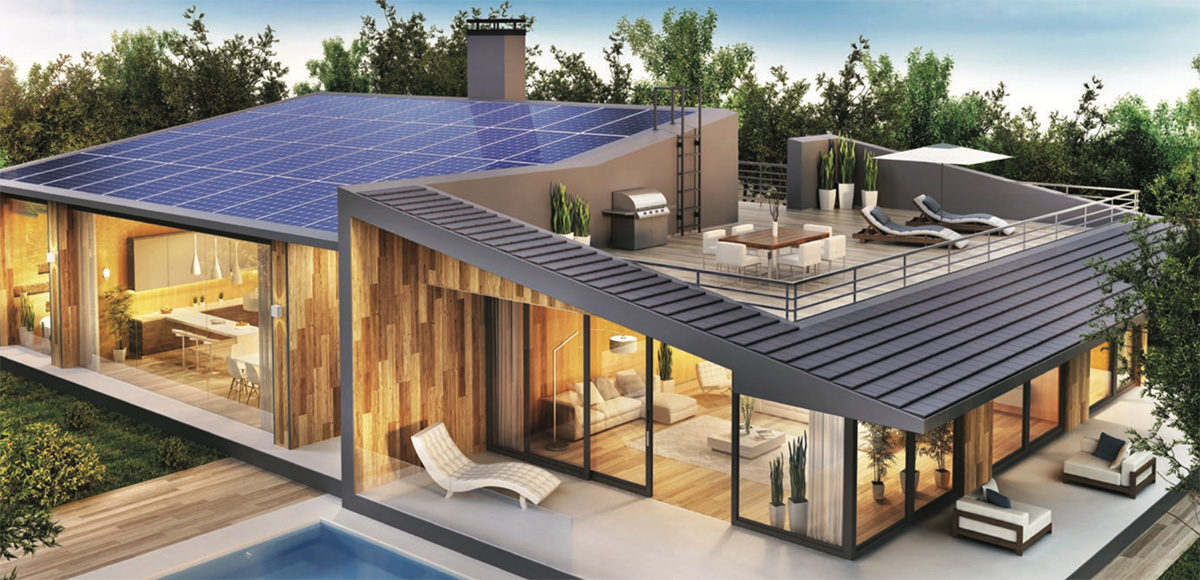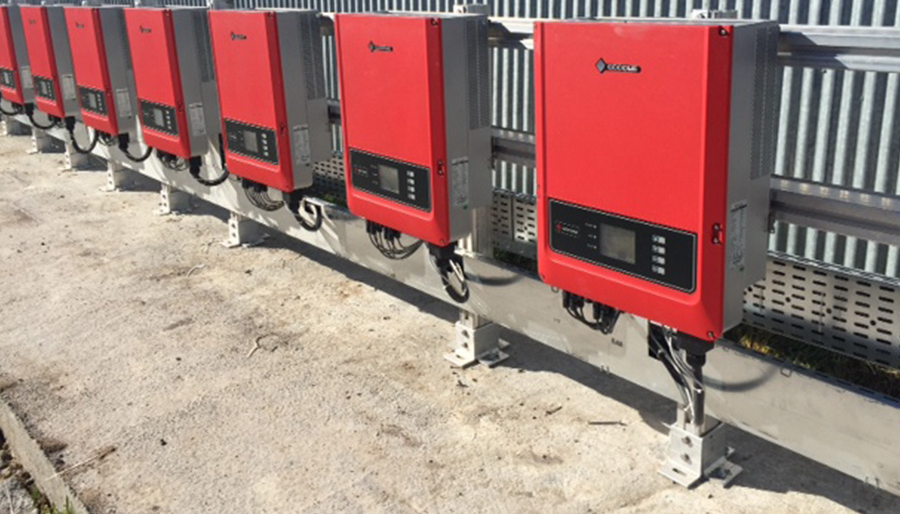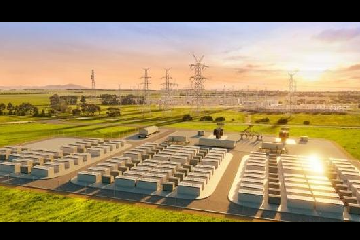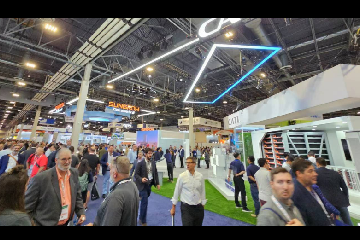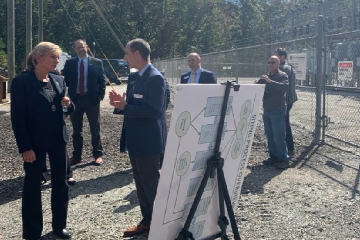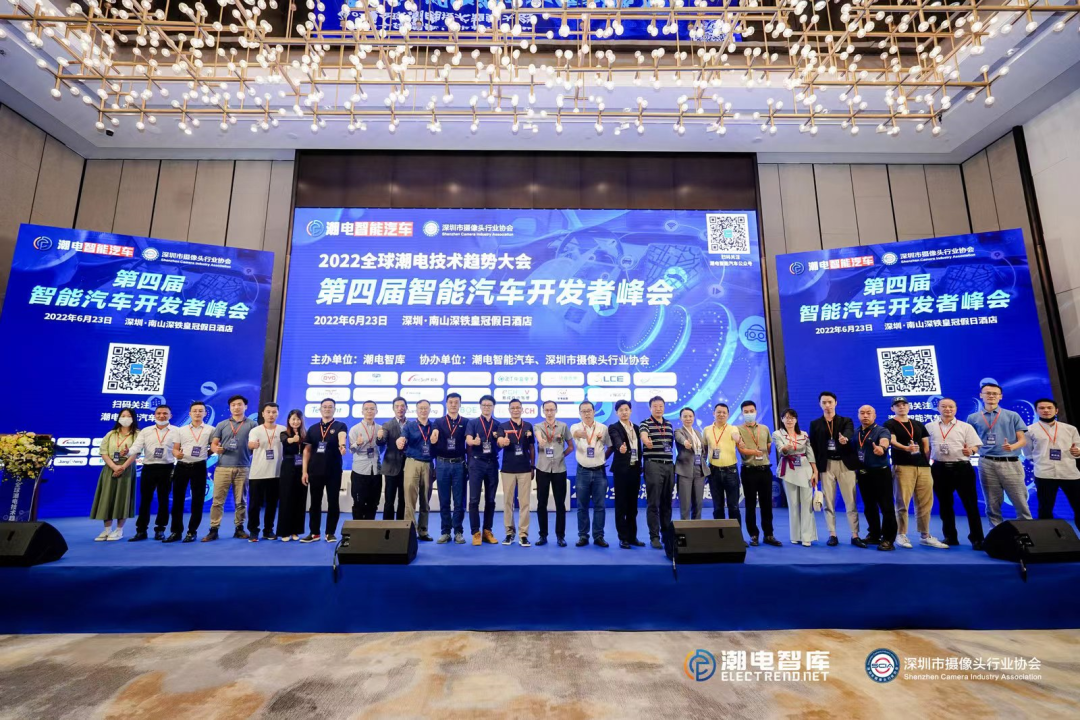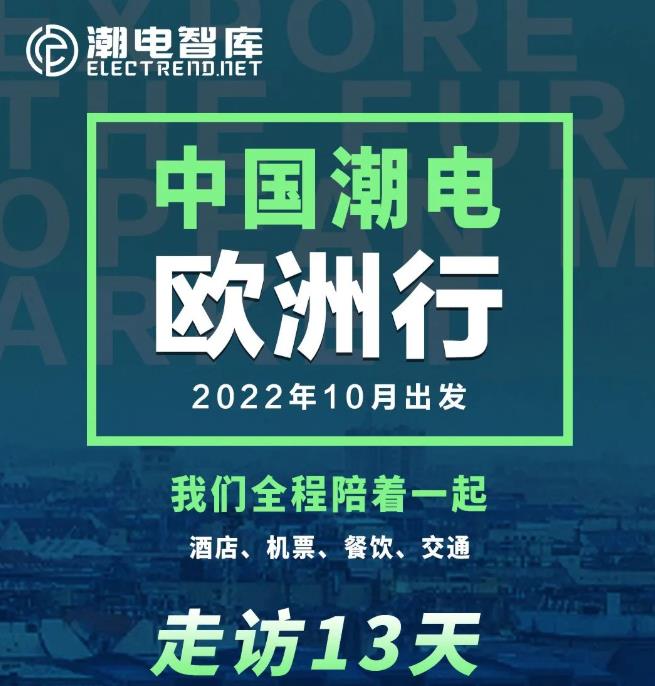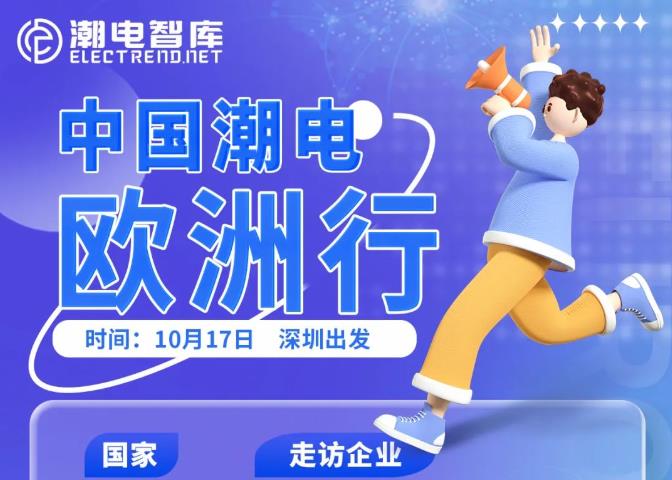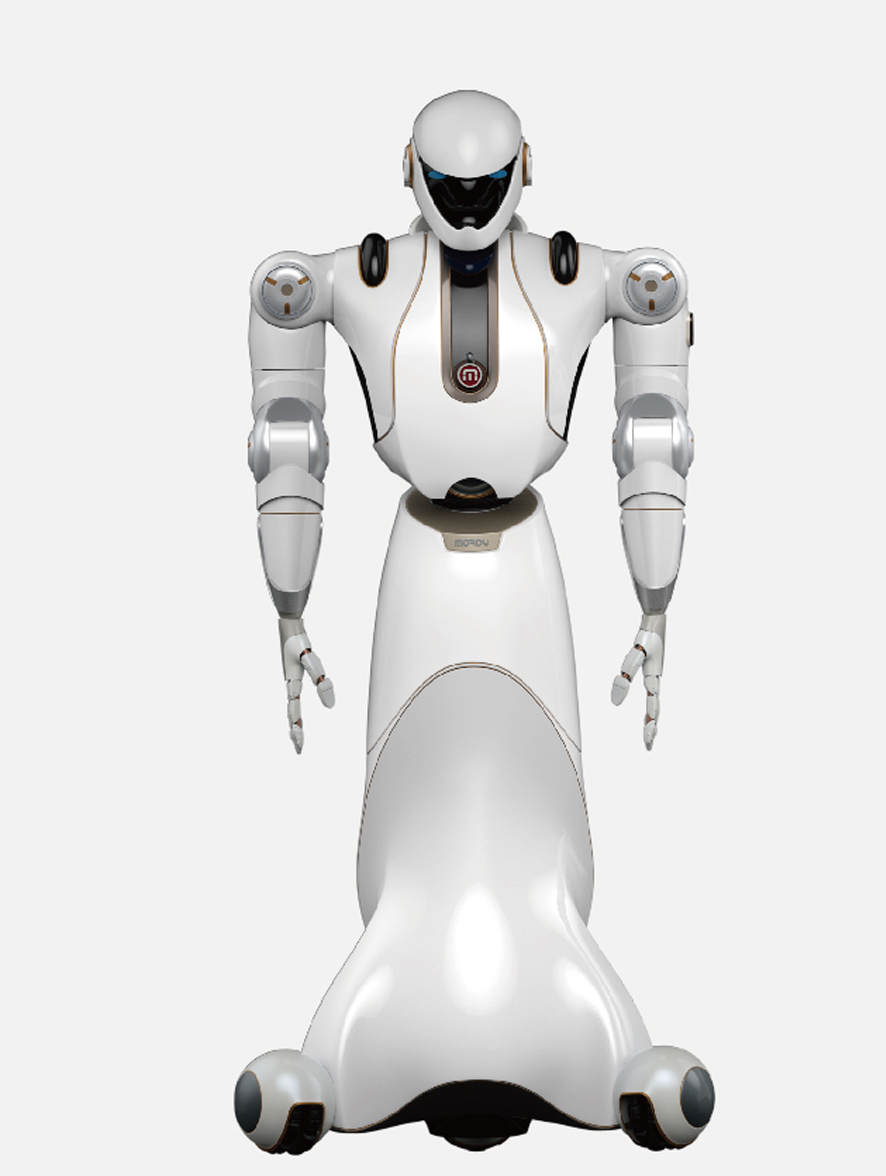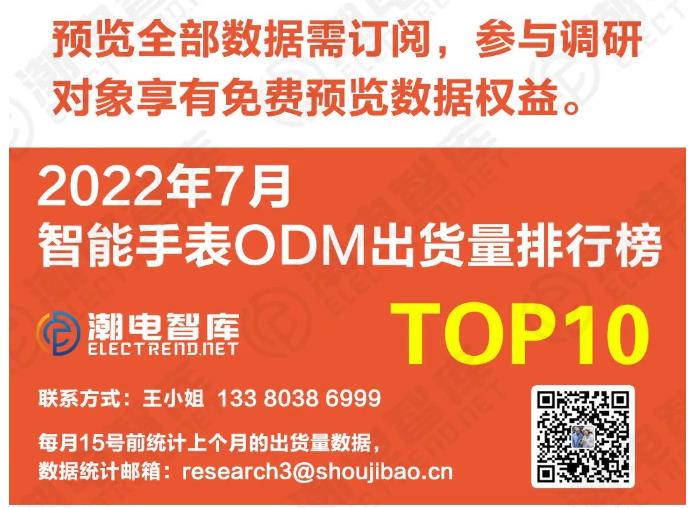Microinverter products in Europe and the United States have long been competing in "productivity competition", they are making significant strides into the consumer electronics sector this year.
When it comes to the overseas market, Mr. Li, the sales manager of TENTEK, a microinverter company, has repeatedly emphasized the importance of going with the policy, as this is the breakthrough for shipments when the market gradually returns to a stable growth.
Mr. Li particularly stated that microinverters are rapidly attaching consumer electronic attributes to the C-end. In the near future, European and American customers will skip installers and directly purchase on e-commerce platforms.
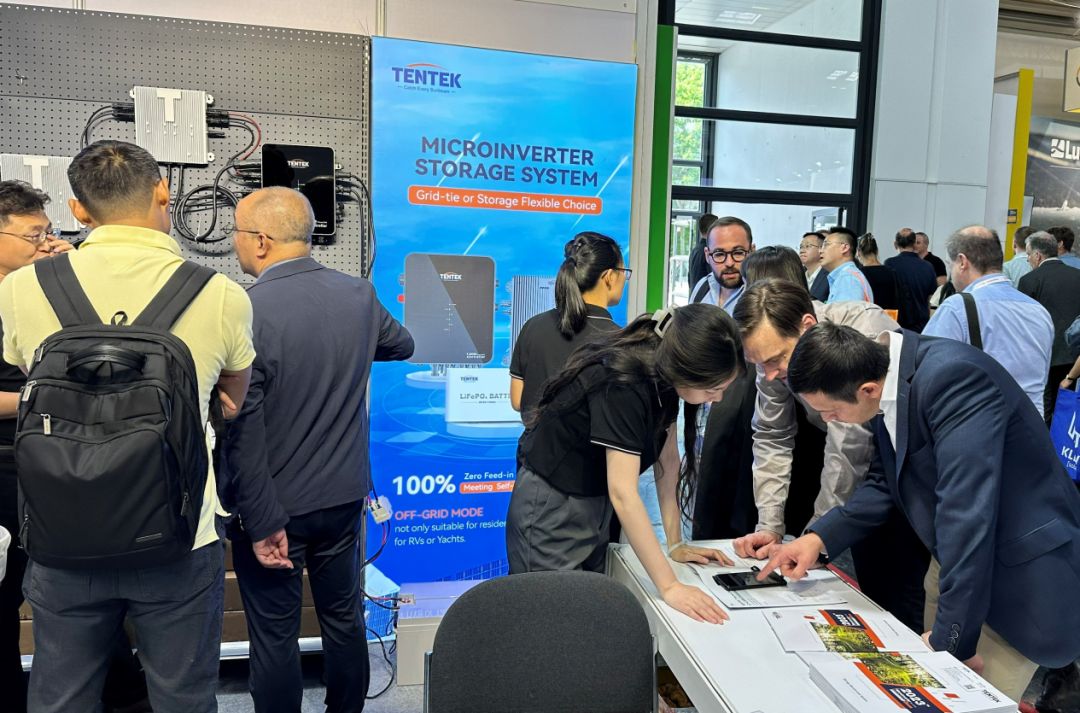
Due to the large demand in the European market and the much lower entry threshold compared to the United States, many companies have flocked in the past two years. However, the era of easy profits is gone. Under the pressure of more intense price wars, users have higher demands for the economy, stability, and high adaptability of microinverter products, and the products are gradually developing towards smaller sizes and higher energy efficiency.
TENTEK's strategy is to use microinverters as a stepping stone to enter the new energy industry. The company returned from Intersolar Europe 2024 with a full load, having signed a contract with a well-known German distributor, and shipments will increase significantly from the third quarter.
The Enhanced Consumer Attributes of Microinverters and Improved Compatibility
The new application scenario of balcony photovoltaics, which has become popular this year, is undoubtedly disruptive. It is also from this year that the installation methods and sales models of microinverters have accelerated towards the transformation of "household appliances," and the product attributes have leaned towards consumer electronics.
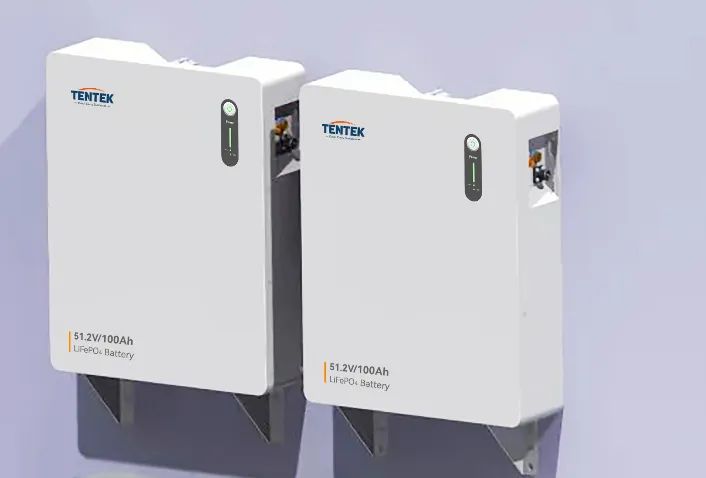
Just as Sungrow launched its first microinverter product in June, it is also trying to quickly open up the C-end market with the flow of balcony photovoltaics. Looking at the brand influence of the company in the overseas market, if it directly promotes microinverter products in online shopping channels, it will not worry about quickly receiving orders.
Since its establishment, TENTEK has been committed to catching up with Enphase in terms of product performance. The company not only launched microinverters with both grid-connected and off-grid functions but is also one of the few emerging microinverter companies in the industry that can provide optimizers and expand shipping channels by selling controllers.
In the era of the Internet of Everything, the user's requirements for products must be intelligent operation. To stand out in the microinverter industry, it is essential to achieve more advanced compatibility and intelligence in software design.
This year, in addition to Germany, many European countries have reduced subsidies in the field of microinverters, and companies struggling with shipments can still see dawn where?
Rooted in Policy, R&D Needs to Be More Forward-Looking
Nowadays, the update speed of the microinverter industry is getting faster and faster. Companies that cannot predict the industry's demand trends in time will only be forced to leave the table. Blindly rolling out product power is not advisable, and paying attention to the changes in policies of various countries is expected to increase shipments in a short time.
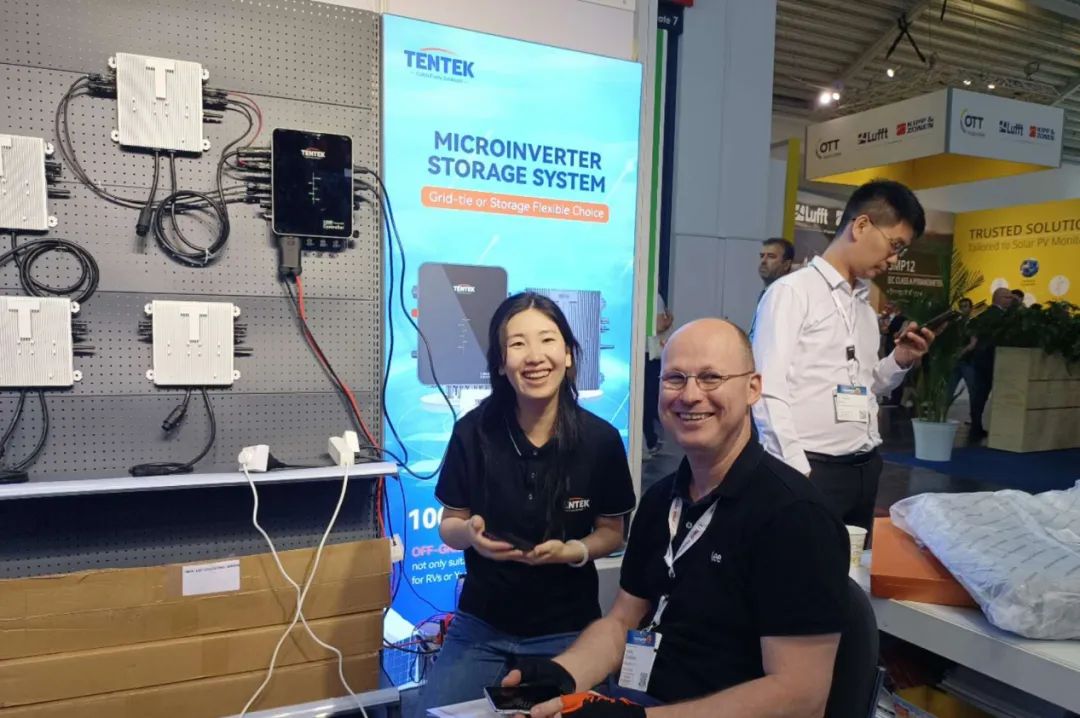
For example, the United States' "National Electrical Code" added a provision in 2017 that in emergency situations, the photovoltaic system must be able to reduce the voltage to below 80 volts within 30 seconds. SolarEdge took advantage of its "module-level control" technology to quickly expand its market share in the United States that year.
TENTEK is precisely predicting that microinverters will gradually have consumer electronic attributes and be more compatible, which will be more competitive. It has considered the communication protocols compatible with different industries and brands of products in the product design phase, which can quickly pair with other brands' products.
Mr. Li also emphasized that price wars will inevitably lead to a decline in product quality. The next two years will be crucial for the entire microinverter industry since this year. Chinese leading microinverter companies have financial and R&D capabilities and should increase R&D investment to narrow the technical gap with Enphase in product aspects.
Regarding the Chinese microinverter market, Mr. Li also has high expectations. He believes that the future growth point lies in the national policy encouraging developers to install solar photovoltaic panels on the balconies of residential buildings. Before that, Chinese companies can take the initiative to form alliances and guide residents of single-family houses to develop a consumer psychology for balcony photovoltaics.
Our Authors
We have experienced employees who choose the services we provide, and our services are all professional. If you contact us, we may receive a commission.
Why You Can Trust ELECTREND
15
Years of service experience
580+
Brand Customer Choice
1000+
The choice of corporate customers


